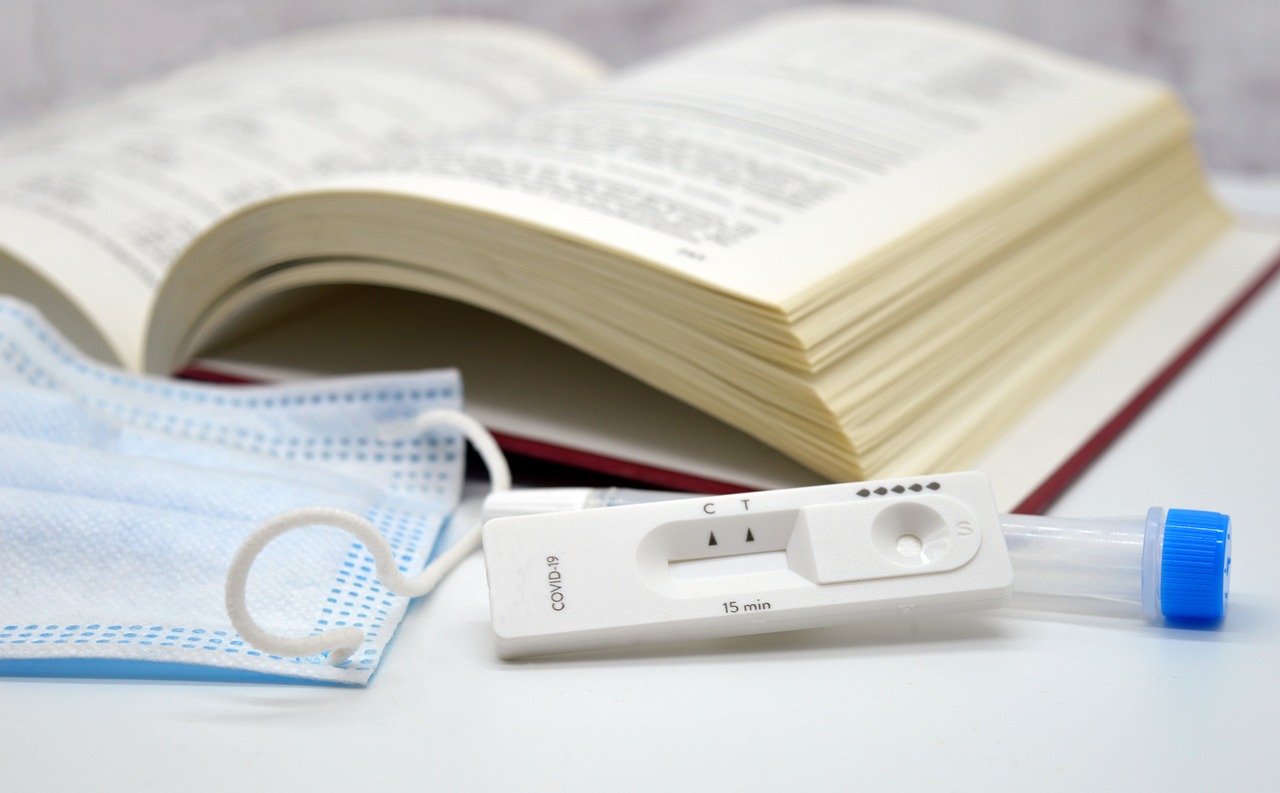When it comes to determining how soon after sex you can take a pregnancy test, timing is crucial for obtaining accurate results. The moment of truth can bring a mix of emotions, ranging from anticipation to anxiety. But fear not, as we delve into the world of pregnancy tests to shed light on the optimal timing for taking the test and ensuring the reliability of the results.
Let’s start by exploring the different types of pregnancy tests available. From the convenience of urine tests to the precision of blood tests, each method has its unique characteristics in detecting pregnancy hormones post-intercourse. Understanding the differences between these tests can help you choose the most suitable option for your situation.
Timing plays a significant role in the accuracy of pregnancy tests. Knowing when to take the test based on the type of test used and the reliability of the results is key. Patience is indeed a virtue when waiting for the right moment to confirm whether a bundle of joy is on the way.
Early pregnancy testing may seem tempting for those eager to know the outcome sooner. However, it comes with its set of benefits and limitations, including the risk of false negatives. Seeking confirmation from a healthcare provider is essential to ensure accurate results.
Various factors can influence the outcome of a pregnancy test. From the timing of ovulation to the sensitivity of the test, understanding these variables is crucial in interpreting the results correctly. Certain medications or medical conditions can also impact the accuracy of the test.
Interpreting the results of a pregnancy test requires attention to detail. Recognizing the difference between positive and negative results, as well as being aware of evaporation lines or other misleading indicators, is essential for making informed decisions about your next steps.

Types of Pregnancy Tests
When it comes to pregnancy tests, there are several types available to women for detecting the presence of pregnancy hormones in the body. These tests vary in their sensitivity levels and the methods used for detecting the hormones. Let’s explore the different types of pregnancy tests:
- Urine Tests: These are the most common type of pregnancy tests that can be easily done at home. They detect the presence of hCG hormone in the urine, indicating pregnancy.
- Blood Tests: Blood tests are more sensitive and can detect lower levels of hCG earlier than urine tests. There are two types of blood tests: qualitative, which confirms pregnancy, and quantitative, which measures the exact hCG levels in the blood.
- Digital Tests: Digital pregnancy tests provide a clear result in words like “pregnant” or “not pregnant,” eliminating any confusion in interpreting the results.
Each type of test has its own advantages and limitations, and the choice of test depends on factors such as convenience, accuracy, and how early you want to detect pregnancy. Understanding the differences between these tests can help you make an informed decision when it comes to taking a pregnancy test after intercourse.

Timing for Accuracy
When it comes to determining the accuracy of a pregnancy test, timing is crucial. The timing of taking a pregnancy test after intercourse can significantly impact the reliability of the results. Understanding the optimal timeframes for testing is essential for obtaining accurate outcomes.
Here are some key points to consider when it comes to timing for accuracy:
- Ovulation Timing: The timing of ovulation plays a critical role in when to take a pregnancy test. It is recommended to wait at least one to two weeks after ovulation to ensure the most accurate results.
- Type of Test: Different types of pregnancy tests have varying levels of sensitivity and detection windows. Understanding the type of test you are using can help determine the ideal time to take the test.
- Reliability of Results: Waiting for the appropriate timeframe before testing can increase the reliability of the results. Testing too early may lead to false negatives, while testing too late could affect the accuracy of the results.
By waiting for the recommended timeframe based on the type of test used and understanding the factors that can influence test results, you can increase the accuracy of your pregnancy test. Patience and proper timing are key when it comes to obtaining reliable results that can provide clarity and peace of mind.

Early Pregnancy Testing
When it comes to early pregnancy testing, timing is crucial for obtaining accurate results. These tests are designed to detect the presence of the pregnancy hormone hCG in your body, but it may take some time for this hormone to reach detectable levels after intercourse. So, how soon after sex should you take a pregnancy test?
Typically, most pregnancy tests recommend waiting until the first day of your missed period for the most reliable results. However, some tests claim to provide accurate results even before your missed period. It’s important to note that testing too early can increase the risk of receiving a false negative result, leading to confusion and disappointment.
One option for early pregnancy testing is using a sensitive urine test that can detect hCG levels as early as 6-8 days after ovulation. These tests are more likely to provide accurate results before your missed period, but there is still a possibility of receiving a false negative due to low hormone levels.
If you receive a negative result but suspect you might be pregnant, it’s advisable to wait a few days and retest or consult a healthcare provider for further evaluation. Remember, early pregnancy testing can be a source of anxiety and uncertainty, so it’s essential to approach it with caution and patience.

Factors Affecting Test Results
When it comes to pregnancy tests, there are various factors that can significantly impact the accuracy of the results obtained. Understanding these factors is crucial for ensuring reliable outcomes and making informed decisions. Let’s delve into the key elements that can affect the results of a pregnancy test:
- Timing of Ovulation: The timing of ovulation plays a crucial role in the accuracy of a pregnancy test. If the test is taken too early or too late in the menstrual cycle, it may lead to false results. It’s essential to know when ovulation occurred to determine the best time for testing.
- Sensitivity of the Test: Different pregnancy tests have varying levels of sensitivity in detecting the pregnancy hormone hCG. Some tests can detect lower levels of hCG earlier than others. Choosing a test with the appropriate sensitivity level is important for accurate results.
- Presence of Medications or Medical Conditions: Certain medications or medical conditions can interfere with the results of a pregnancy test. It’s important to consider any medications being taken or underlying health conditions that may impact the test outcome.
By being aware of these factors affecting test results, individuals can take the necessary precautions to ensure the accuracy of their pregnancy test. Consulting a healthcare provider for guidance and support in interpreting the results can also provide valuable insights and peace of mind.

Interpreting Test Results
When it comes to interpreting the results of a pregnancy test, it’s crucial to understand the nuances and potential indicators that may affect the outcome. Here are some key points to keep in mind:
- Positive Results: A positive result typically indicates the presence of the pregnancy hormone hCG in your system. This usually appears as a distinct line or a symbol on the test.
- Negative Results: Conversely, a negative result suggests that hCG was not detected, indicating that you may not be pregnant. It’s essential to follow the instructions provided with the test kit carefully.
- Evaporation Lines: Sometimes, an evaporation line may appear on the test strip after the designated reading time. This line can be misleading and should not be mistaken for a positive result.
- Consult a Healthcare Provider: If you are unsure about the results or experience any confusion, it’s advisable to consult a healthcare provider for further guidance and confirmation.
Remember that the accuracy of a pregnancy test result is dependent on various factors, including the test’s sensitivity, timing of ovulation, and potential interference from medications or medical conditions. By understanding how to interpret the results correctly, you can make informed decisions about your reproductive health.